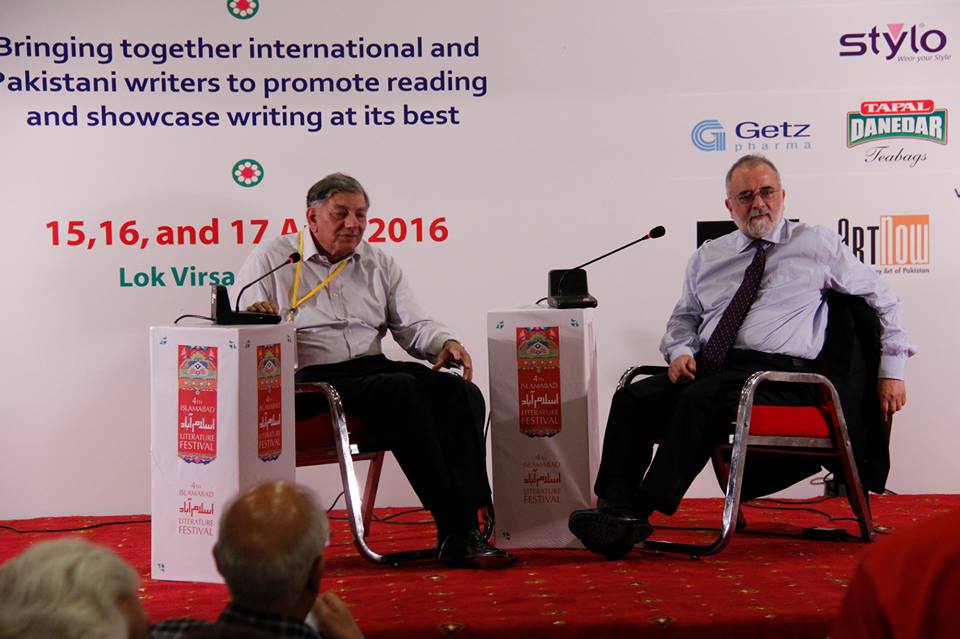
The growth of Isis does not need to happen. The problem is that no Muslim leader is really willing to stand up against terrorists, said Ahmed Rashid, as Riaz Khokhar added, “From Mauritania to Indonesia, not one Muslim leader sees the light”.
This was one of the major concerns raised by discussants — former foreign secretary Khokhar and journalist Ahmed Rashid — in a lively session titled “Jihad and Descent into Chaos”.
Khokhar opened the session in the packed hall by explaining that they would try to cover what is ‘really’ happening in the Islamic world, what has gone wrong in recent years, and what the role of the US is.
“What happens in the Middle East has a great impact on South Asia,” Khokhar said.
Rashid opened by noting that “there are five or six failed states in the Arab world, all Muslim”.
He then explained the impact of the multiple asymmetrical wars underway in the Middle East, suggesting that they would lead to the end of borders as we know them. “We are not going to see a reconstituted Syria, Iraq or Libya,” he said, opining that the post colonial borders would, for better or worse, change whenever the warring states stabilise.
Rashid said there was an “important message for Pakistan” to learn from the state of the Middle East, “given the situation in K-P and Balochistan”.

He then moved on to the massacre of minorities in Daesh-run areas, explaining that there is no such thing as a country with a 100 per cent Muslim population. “Minorities have lived in the region for millennia...[but] Isis and others are leading to a total vacuum of minorities.”
Moving onto infighting among Muslims, he said, “Nobody in the Muslim world is willing to bell the cat,” referring to Sunni-Shia issues.
After both speakers chided Muslim heads of state for their inability or unwillingness to take on Daesh, Khokhar noted that at the OIC summit, “They came up with a pathetic statement. The reality on the ground is different”.
He also asked whether Pakistan should be getting involved in inter-Arab issues.
Rashid then brought up the “catastrophic mistakes made by the Americans, post-9/11”.
They made the same mistakes in Afghanistan and Iraq, and kept repeating them, he said.
“Isis has to be confronted militarily by Arab states and Arab armies,” he offered as a solution.
On Afghanistan, Rashid said the Taliban have always been an Afghan force which does not carry out acts of international terrorism, though it has harboured international terrorists.
A moderate lobby in the Afghan Taliban is willing to talk, but the Americans threw a spanner in the works by blocking efforts by Hamid Karzai and others to talk.
He added that “the Americans left Afghanistan without any institutions and dependent on foreign aid”.
Afghans make up the second-largest contingent of refugees and asylum seekers, and most of these asylum seekers “are middle-class Afghans who would build their country”, but there are no jobs available.
Khokhar then spoke of Pakistan’s own foreign policy woes. “There is a lack of trust between most regional players which we are somehow not able to overcome.”
Rashid opined that “we are conducting a foreign policy which is isolating us from our neighbours. We tell Iran to kick India out before we talk. This is not how you conduct foreign policy. It’s a kind of blackmailing. The reality is that nobody in the region is listening to you.”
“One of the big issues is that we don’t even have a foreign minister!” he added.
Khokhar said the civilian and military leadership are not really on the same page, adding that there is “no clear understanding on what the terms of engagement with India would be”.
To Rashid’s point on an FM, Khokhar said “even if we had an FM, he is answerable to the PM, so we also need a strong PM.”
Rashid then noted that Pakistani leaders have a disregard for parliament, with no cabinet meetings for months on end, and the PM often being a no-show in the house.
On the economy, he said, “We are banking on the Chinese to save us...but they are nobody’s fool.”
He quoted Chinese officials telling him the ‘silk route’ is contingent on peace in the Af-Pak region, and that “when you go to central Asia, they don’t blame Ashraf Ghani [for their militancy issues], they blame Pakistan, because all these groups [such as Islamic Movement of Uzbekistan] came from here”.
Published in The Express Tribune, April 16th, 2016.


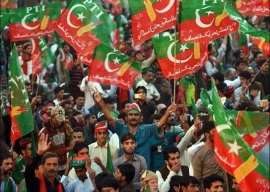



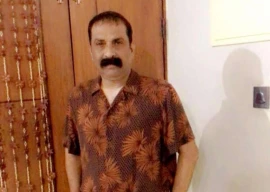
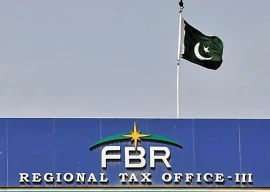

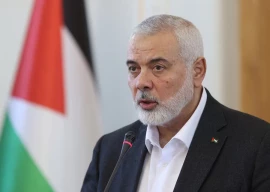








COMMENTS
Comments are moderated and generally will be posted if they are on-topic and not abusive.
For more information, please see our Comments FAQ